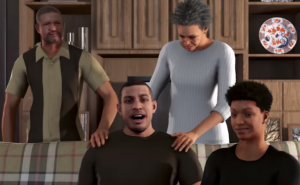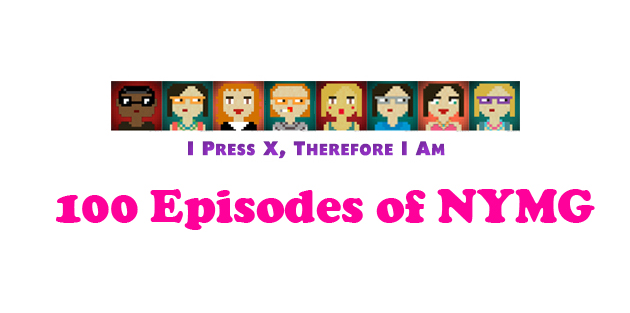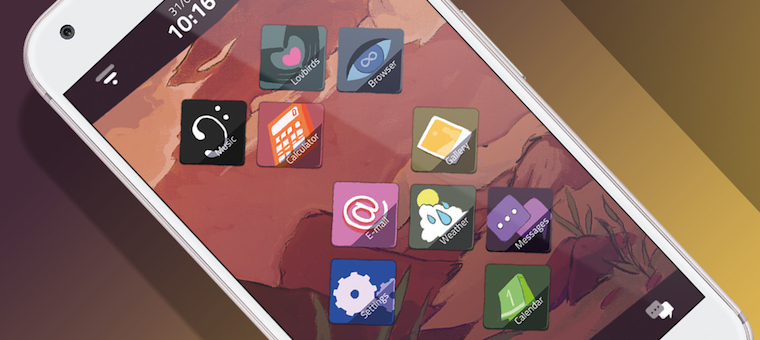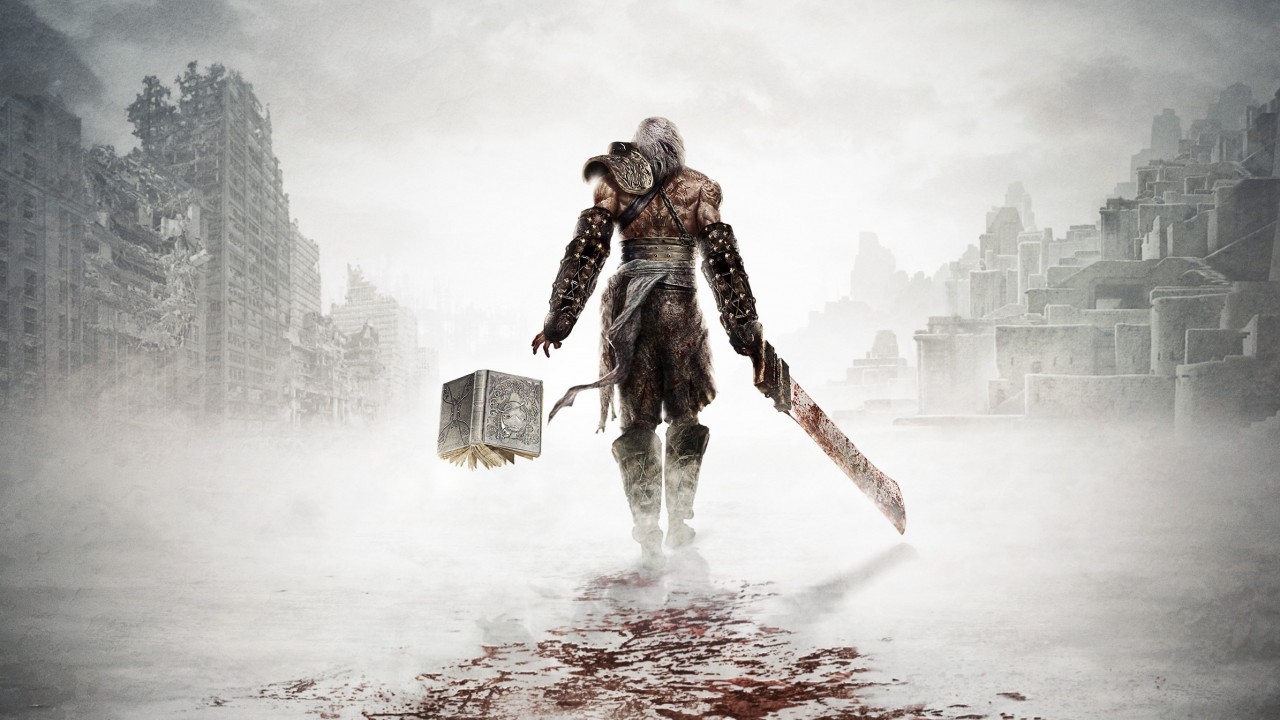I realize the world has been anticipating my next blog post about Spike Lee’s Livin’ Da Dream. But the much awaited 1st quarter assessment of NBA 2K16’s Livin’ Da Dream was stalled midway through gameplay. I became mostly frustrated and upset at the cliché storylines, the bickering of Women of Color, and the constant negotiating and reconciliation of Black authenticity.
The storyline quickly devolved into a series of stereotypical tropes about Black life, female pettiness, and cutthroat corporate reality of sports. Spike Lee, the brilliant mind who is responsible for Do the Right Thing, School Daze, Malcolm X, Crooklyn, When the Levees Broke and Inside Man, has now brought us Chi-Raq and “Living Da Dream”.
Spike Lee has already been handed extreme criticism for his biopic of Chicago with local leaders, community members, and others who have been directly impacted by the level of violence and crime on a regular basis. I hesitate continuing this barrage of criticism because I mostly respect Spike Lee. I get what he was trying to do with Chi-Raq, but it was just the wrong approach at the wrong time. To fill you all in, the trailer appears to have women, led by a modern day Lysistrata, withholding sexual activity from men until violence ceases to exist.
I will add Livin’ Da Dream to this list of questionable creations. Video games, as a space where anything is possible, Lee repurposes stereotypical, hackneyed tropes of Black inner city life and competition among women.
But I am getting ahead of myself.
The story’s beginning was very non-traditional and very cool. I enjoyed the courting of my skills and abilities by different schools. I was recruited by a variety of teams and I enjoyed the coaches speaking so highly of Frequency Vibrations, the main character. Freq – pronounced Freak, progresses into NBA life rather harshly. He is pitted between two worlds: the corporate reality of the NBA and priority of doing the best thing for himself and his family.
 This transition is given two faces. The face of corporate NBA life is solidified by the face of an over aggressive White agent and the other is a picture perfect, loving, Black, nuclear family. It was here that I was introduced to strong female characters of color. Freq’s beautiful mother, his biracial girlfriend, Yvette, and his sister, Cee-Cee.
This transition is given two faces. The face of corporate NBA life is solidified by the face of an over aggressive White agent and the other is a picture perfect, loving, Black, nuclear family. It was here that I was introduced to strong female characters of color. Freq’s beautiful mother, his biracial girlfriend, Yvette, and his sister, Cee-Cee.
I had high hopes for these characters. They were strong. Provided sound advice to him in the face of so much stress. Weren’t overtly sexualized or stereotypical. Then…tropes happened. The relationship between Freq’s sister and his girlfriend, Yvette, devolved into catfights over who has the most influence on his life. It situated women of color as perpetual enemies with a man at the center.
Their relationship revolved around competition with Freq’s time, money, and attention leading them both to feel inadequate. Cee-Cee was used to being the voice of reason in Freq’s life but quickly became apparent that his love interest was just as important and her opinion was emerging to the fore.
 When a person feels threatened, it is often her instinct to go on the defensive. This sense of inadequacy is fostered by a real societal condition, the restrictions placed on women’s roles. This patriarchal system continues to position women as competitors as opposed to sources of empowerment for one another.
When a person feels threatened, it is often her instinct to go on the defensive. This sense of inadequacy is fostered by a real societal condition, the restrictions placed on women’s roles. This patriarchal system continues to position women as competitors as opposed to sources of empowerment for one another.
I also didn’t like the constant cracking on Yvette’s Asianess. I turned the game off one night when Cee-Cee was poking fun of her Asian identity by over-enunciating her (blatantly stereotypical) last name “Ming Ching.” It made me uncomfortable.
Even though the racialized gendering of the female characters in this potentially powerful storyline was problematic, it did not offend me as much as the storyline of Freq’s best friend, Victor. I’ll be honest, I haven’t played much since that awful car scene where the dialogue hinted at murder, cover-up, and blackmail. I was uncomfortable. It was awkward. And it was way too long. I’ll pick up there next time.




